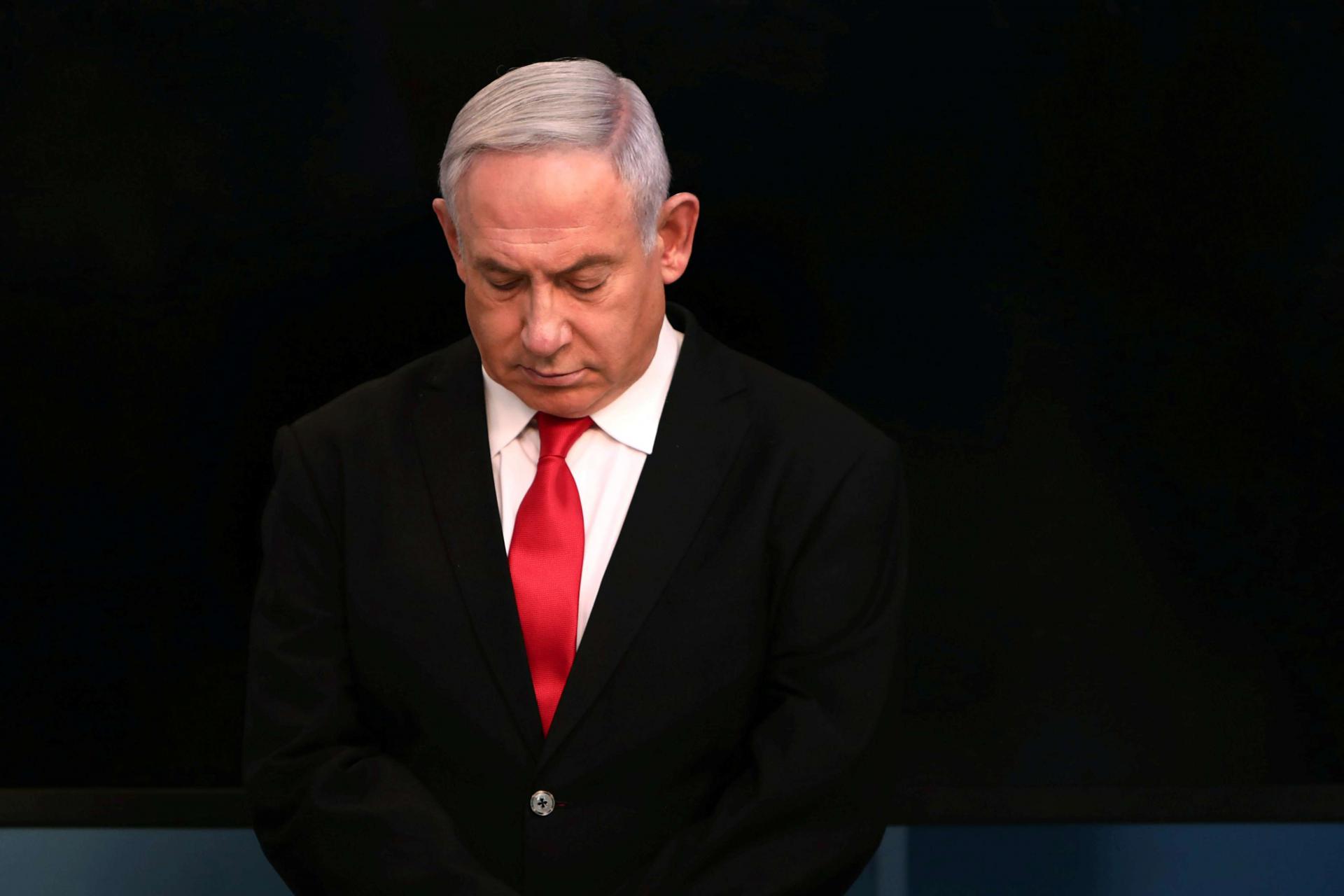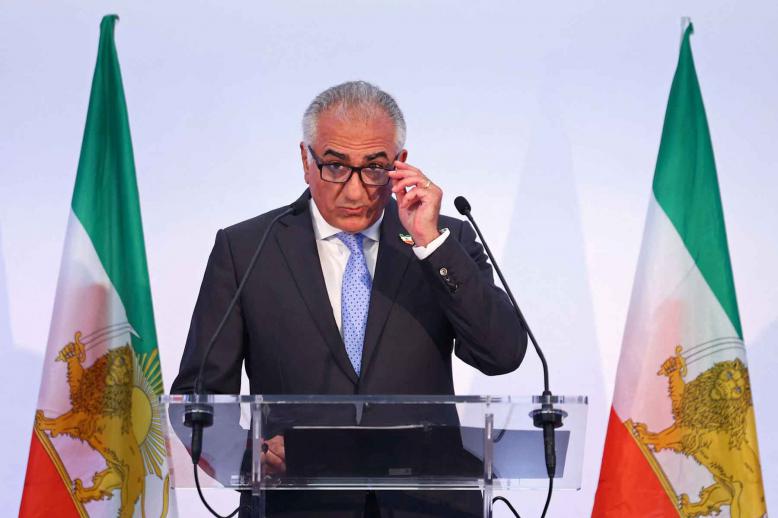Netanyahu corruption trial postponed over coronavirus
JERUSALEM - An Israeli court on Sunday postponed Prime Minister Benjamin Netanyahu's graft trial over coronavirus, as the premier relaunched his appeal for an emergency unity government to tackle the crisis.
Netanyahu, the first Israeli prime minister ever indicted in office, had been scheduled to stand trial from Tuesday over alleged bribery, fraud and breach of trust -- charges which he denies.
Jerusalem's District Court said in a statement that, given the coronavirus pandemic, it had been instructed to hear "only urgent matters".
In Netanyahu's trial, "we have decided to postpone the first hearing until May 24," the court said.
Israel has 200 confirmed cases of the virus, and tens of thousands of people in home quarantine.
Netanyahu has been charged with a range of offences including receiving improper gifts and offering a media mogul lucrative regulatory changes in exchange for favourable coverage.
Despite the indictments, Netanyahu's right-wing Likud party won the most seats in March 2 elections and he is aiming to form a new government.
But Likud and its allies fell short of the 61 seats needed for a majority in the Knesset, or parliament. It was Israel's third inconclusive vote in less than a year.
'Tough decisions'
Netanyahu, ahead of a cabinet meeting on Sunday, to be held by teleconference in response to the virus, reissued his appeal to form a unity government with main challenger Benny Gantz, who heads the centrist Blue and White Party.
He urged Gantz to join a six-month alliance, which Netanyahu would lead.
"We must unite forces and form a strong and stable government that will be able to pass a budget and make tough decisions," Netanyahu said.
Ministerial posts would be split evenly between Netanyahu's right-wing bloc and the centre-left faction that backs Gantz, the prime minister said.
When the six months expire, "we will return to the currently existing situation," Netanyahu added, presumably referring to a divided parliament with neither camp holding a majority.
Gantz, a former military chief, had following September elections ruled out serving in a government led by a premier facing corruption allegations.
Gantz on Thursday said, however, that he was open to discussing a unity government now, given the global COVID-19 emergency.
But on Sunday he criticised the manner in which Netanyahu delivered his offer.
"Someone who wants unity does not ... send his 'emergency plan' to the press, but sends negotiators to meet," Gantz tweeted.
"Unlike you, I'll continue to back any correct government action without any political considerations," he added.
"When you're serious, we'll talk."
Negotiations on the new government were however expected to ramp up behind closed doors on Sunday.
Gantz was due to meet President Reuven Rivlin, a largely ceremonial figure tasked with mediating the political talks.
Netanyahu also floated a proposal to rotate the premier's job between him and Gantz -- an offer similar to one he made following September elections.
"I would serve as prime minister for the next two years, and during this period Benny Gantz would be deputy prime minister," Netanyahu said.
"In two years, Gantz would take up the post of prime minister and the government would exist for four years," he added.
There was no indication as to whether Gantz would consider that arrangement.






